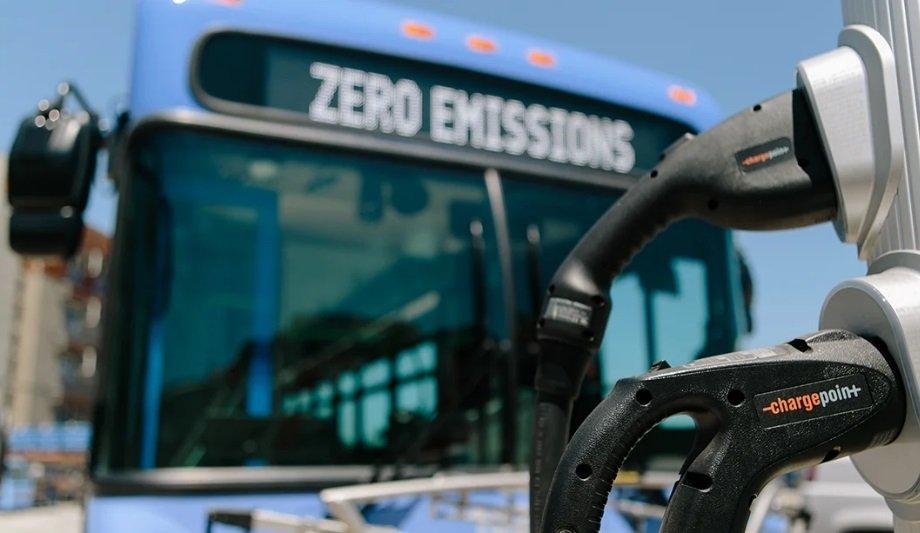A Cummins Inc.-led project to develop battery charging and hydrogen (H2) fueling stations along the Interstate 80 Midwest Corridor will accelerate with the Biden Administration’s announcement this week of the standards and funding for the National Network of Electric Vehicle Chargers.
The Bipartisan Infrastructure Law, passed in 2021, invests $7.5 billion in electric vehicle (EV) charging, $10 billion in other forms of clean transportation and over $7 billion in EV battery components, critical minerals and materials.
One of the projects on the select list is Cummins’ Medium-Duty, Heavy-Duty Zero Emissions Vehicle (MD-HD ZEV) Infrastructure Planning with a focus on the I-80 Midwest Corridor.
Net-zero emissions
In less than two years, the project will develop an extensive, two-phase MD-HD ZEV charging and H2 Fueling Plan for a corridor serving Indiana, Illinois and Ohio. The plan would support 30% of the MD-HD fleet expected to be using ZEV technologies by 2035, potentially benefitting millions of drivers across 23 states.
The plan would support 30% of the MD-HD fleet expected to be using ZEV technologies by 2035
“With Destination Zero, our strategy to reach net-zero emissions by 2050, we are investing in a broad portfolio of power solutions, leveraging our deep understanding of our customers as we work to decarbonize our industry in a way that is best for all stakeholders,” says Jennifer Rumsey, President and CEO at Cummins.
Zero-emission vehicle corridors
“We can’t do it alone; it will take all of us – policy makers and peer companies – working together to address a challenge of this magnitude as decarbonization of our economy is critical to our way of life and a sustainable future,” said Jennifer Rumsey, adding “Today’s announcement is a promising step forward in advancing our shared goals of getting to net-zero.”
Cummins has pledged to play a leadership role in addressing the world’s climate challenges. This funding will accelerate the creation of zero-emission vehicle corridors that expand the nation’s EV charging infrastructure, with the vision of building 500,000 EV chargers by 2030 and delivering a convenient, reliable and Made-in-America EV charging network.
Selected projects also support the DOE’s Justice40 priorities by demonstrating the impacts and benefits of these freight corridors plans on underserved communities.
